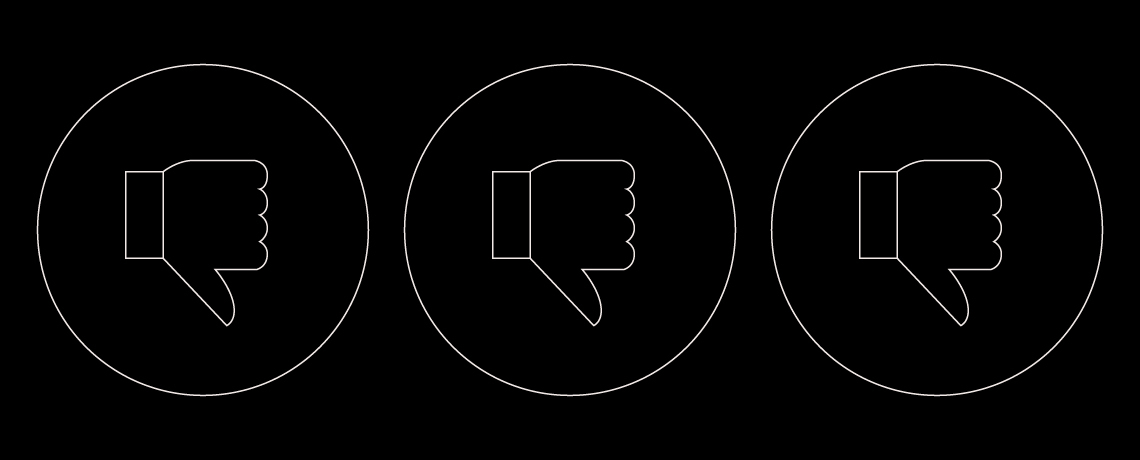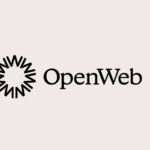Last week, Facebook cut off all news for an entire country.
The move was a devastating blow to Australian news publishers, whose Facebook content disappeared overnight.
Facebook has since reversed the decision, but one thing is clear: publishers need to cut their reliance on social media by building relationships directly with readers… and they need to do it ASAP.
Let’s walk through what happened, why it’s such a problem, and what you can do about it.
What Happened
Facebook Refuses to Pay Publishers
For years, publishers have been vocal about the fact that their content generates ad revenue for platforms like Facebook. Publishers fill Facebook’s billions of Newsfeeds with content, but they aren’t compensated for it.
In Australia, the News Media and Digital Platforms Mandatory Bargaining Code aimed to change that by requiring that Facebook and Google pay publishers to display their content. Google paid up, but Facebook refused.
Facebook Booted News in Australia
Instead of paying, Facebook instead opted to remove all news content on their platform in Australia. Users couldn’t share links from news sites in Australia, or internationally. Australian news organizations with Facebook pages were completely blocked.
Facebook inadvertently banned some non-news websites, too. People were outraged.
Facebook Reverses the Ban
This week, Facebook – seemingly content with the scale of their display of power over the industry – reversed the ban, announcing that they struck a deal with the Australian government.
Here’s the kicker: Facebook can decide how much they pay each news outlet. They also reserve the right to ban news again, if they choose.
The Real Problem
Publishers Need a 1:1 Relationship with Their Audiences
If you’re relying on Facebook or other social giants to reach your audiences, it’s time to rethink your strategy.
Facebook and the social media giants are profitable because they monetize other people’s content—they’re just platforms, after all. Publishers, like influencers or celebrities, are expected to build up an audience on the social platforms, and to use the platform’s publishing tools to reach them.
This is already problematic as Facebook, among other platforms, are known to change their sorting algorithms on a whim–exposing or hiding your content from your audience on the platforms.
Now, the Australian news ban shows just how far they are willing to go to protect a business model that hinges on the monetization of Publishers’ content.
This whole episode has made it clear: if you’re a Publisher, Facebook is not your friend. Or at least, they shouldn’t be your only friend.
A continued reliance on social media is dangerous: publishers who do so are missing out on directly monetizing their audience, passing over valuable first-party data—a critical key to success in our cookieless future.
What Can Publishers Do Now?
To build a sustainable business model, publishers will need to find ways to step between users and social platforms, own the relationship with their readers, and provide high-quality community-based experiences powered by tested and proven engagement funnels. OpenWebOS does all of this, and connects these user insights to advertisers, providing context-driven monetization.
To learn more about OpenWebOS’ engagement funnels, click here.


